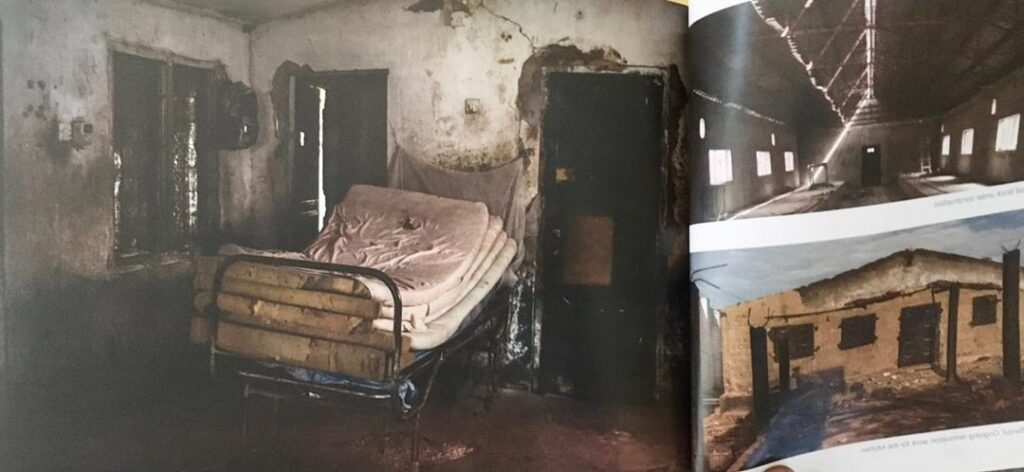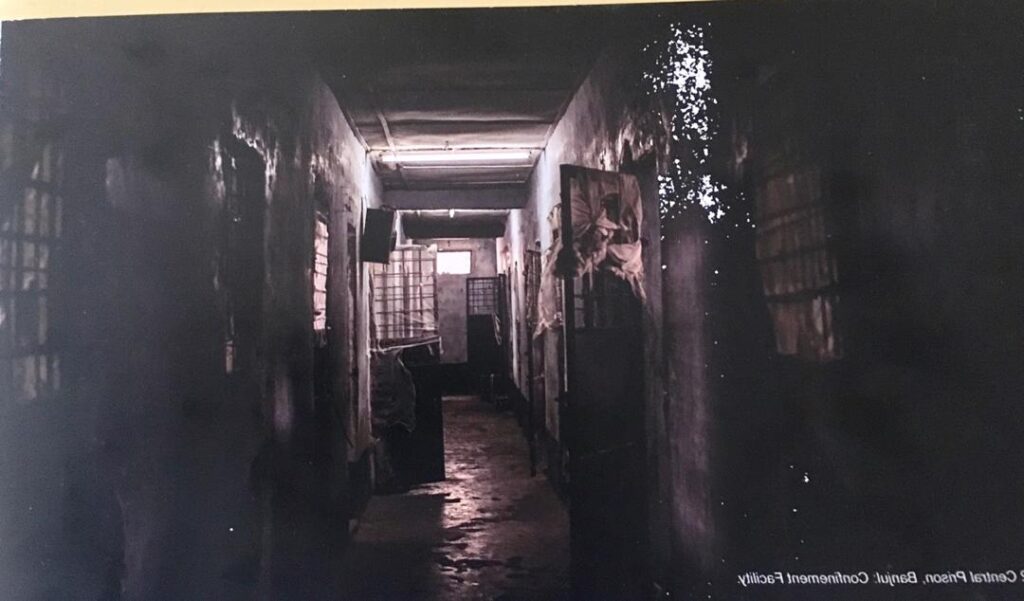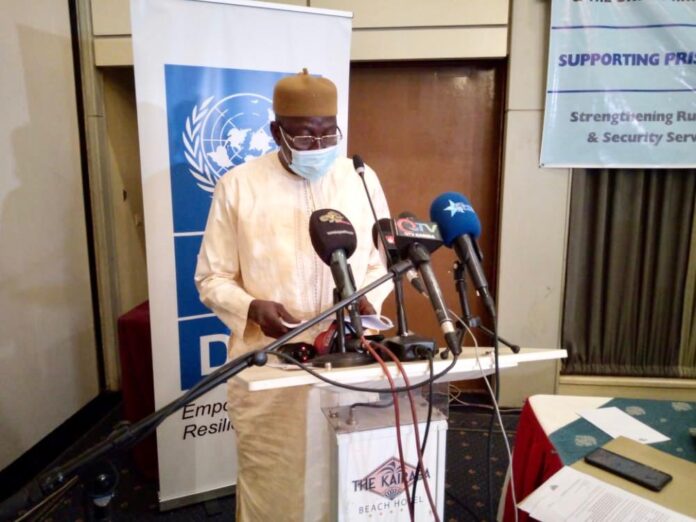By Mustapha Jallow
The Gambia Government in partnership with the United Nations Development Programme (UNDP) on Wednesday launched the Prisons Rapid Assessment Report, Photobook and short video documentary in a process to reform detention facilities in prisons.
After decades of neglect, maladministration, notorious acts, right abuses and misuse, the Prisons Service is on the road to reform and progress in line with the Mandela Rules and International Human Rights standards.

Despite facing a challenging environment with dilapidated infrastructure, lack of equipment, ICT and mobility, the Prisons officials are committed to improving the standard of care to inmates.
The Prisons Service has been in existence since the Colonial period. But with the new administration, officials decided to change the narrative and meet international standard of Prisons.
The country’s three Prisons are responsible for about 600 detainees. The Assessment Report is also aimed at bringing to light the greatest needs and priorities for the Prisons Reform agenda.

Speaking at the launching of the report at a local hotel in Senegambia, the Interior Minister Mr. Yankuba Sonko told the gathering: “The impact of COVID-19 on our work and lives could not have been anticipated. However, I take it as a positive sign that for those of us who understand the urgency for Prisons reforms. Therefore, we have found a way to be together.’’
The event was attended by senior government officials, National Human Rights Commission officials, NGOs, representatives from International Organozations, members of The Gambia Police Force, Armed Forces and other sister security outfit.
Minister Sonko said in the previous regime, the Prisons Service was largely neglected and its mandate abused. This, he said, is manifested in the revelations before the TRRC sessions.
“The Prisons reforms started on the first day of our new government and the challenges were immense. The Prisons Service and its leadership faced dilapidated colonial era infrastructure, an overcrowded Remand Wing, lack of basic supplies, equipment, communication devices and proper nutrition for detainees.
“Despite limited resources, the Prisons Service has committed itself to reform and meeting minimum international standards for detention,’’ he said.
Further highlighting on how the Prisons Service suffered during the pandemic crisis, Minister Sonko said red flags were raised around the overcrowded Mile 2 Remand Wing.
Out of 543 detainees, he said 302 were on Remand with 172 housed in Mile 2’s Remand Wing, saying more than half of the population inside the Prisons, were detainees on remand.
“The risk of the virus entering and spreading through the prison facilities was alarming,’’ he said.
Sonko said the idea of reforming Gambia’s prisons started since 2016, saying there has been discussion and advocacy since 2016 led by civil society, human rights groups and GCCI.
“We have an opportunity to change our prisons facilities to accommodate the needs of inmates. Juveniles in detention need very different care and attention than adult inmates,’’ he said.
Sonko said an education program at minimum is needed to ensure the youth do not fall behind and into criminality. He hinted for vocational training program for young men to ensure that when they are released, they have secured skills to provide for themselves and their families.
Ms. Aissata De, the UNDP Resident Representative, said the launch of the Rapid Prisons Assessment Report is a crucial step as they reflect on the much-needed prisons reform in The Gambia.
“We are all aware that Gambia’s prisons have been in need of improvement for the longest time. The designs of the prisons under the colonial era were far from international human rights standards,’’ she said.
UNDP representative said over the years, the reputation of Gambia prisons has not been positive, saying the recent revelations from TRRC brought out the torture, inhuman and degrading treatment that prisoners endured and the limited capacities of personnel that were prevalent in the administration of prisons.
“It is therefore important to consider the reform of prisons within the context of the transitional justice framework,’’ she said.
During his presentation of the Prisons Photobook, Ansumana Manneh, the Director General of Prisons Service, highlighted the needs and importance in the prisons reform process.
He highlighted the poor condition of the Gambian prisons and the achievement they have made through the support of UNDP and Gambia government.
“We still need to address the structural condition of the prisons, probably relocating to a new prison,’’ he said.
Manneh said the Gambia’s prisons have not reached the standards, saying even the location of the Mile II Prison is not an ideal place.


















